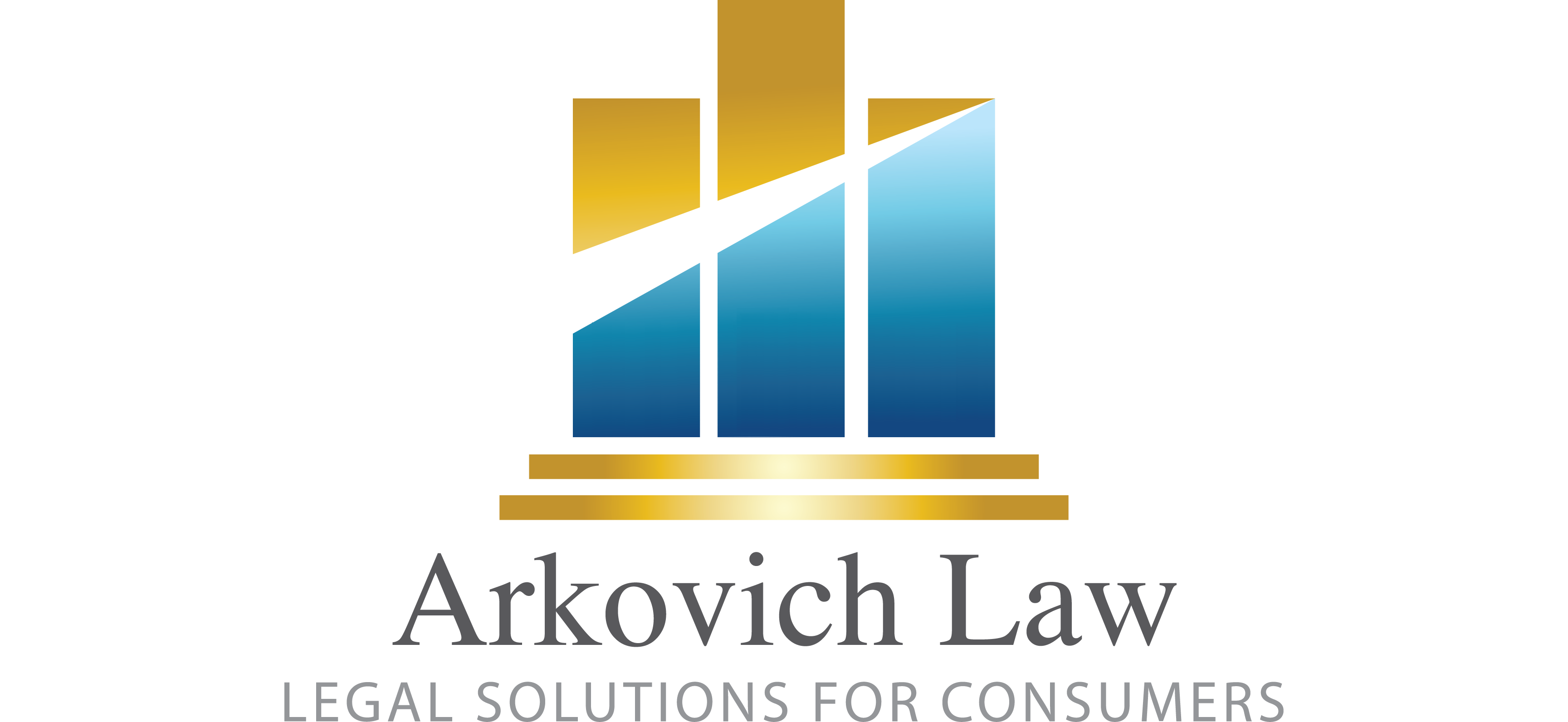 If you’ve decided it’s time to take back your life, we can help devise a debt escape plan with you. This may involve making decisions about what to pay, what not to pay, how to settle and create a plan to get out of debt. This includes student loan debt as well as credit card or other debt.
If you’ve decided it’s time to take back your life, we can help devise a debt escape plan with you. This may involve making decisions about what to pay, what not to pay, how to settle and create a plan to get out of debt. This includes student loan debt as well as credit card or other debt.
There is not a one size fits all strategy. There are many different kinds of debt. Student loans, mortgages, car loans, personal loans, credit card debt, lines of credit and more. It doesn’t make sense to use the same strategy on different types of debt. Your income/health/age and other factors should play a large role. Co-borrowers may play a role.
We have years of experience helping consumers with student loan debt and mortgage debt. We are experienced foreclosure attorneys and bankruptcy attorneys. The rules can be complex and they are often updated or vary jurisdiction to jurisdiction. Why try and figure out everything on your own when there are resources and guidance available to help you make the best decisions going forward.
 Reboot Your Life: Tampa Student Loan and Bankruptcy Attorney Blog
Reboot Your Life: Tampa Student Loan and Bankruptcy Attorney Blog


